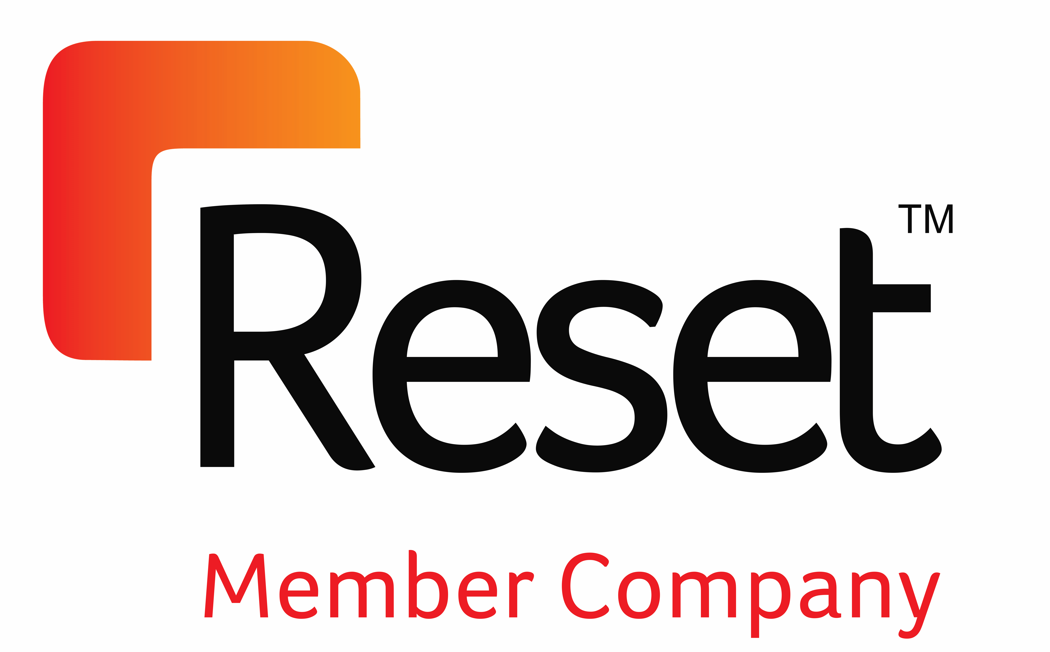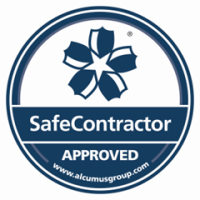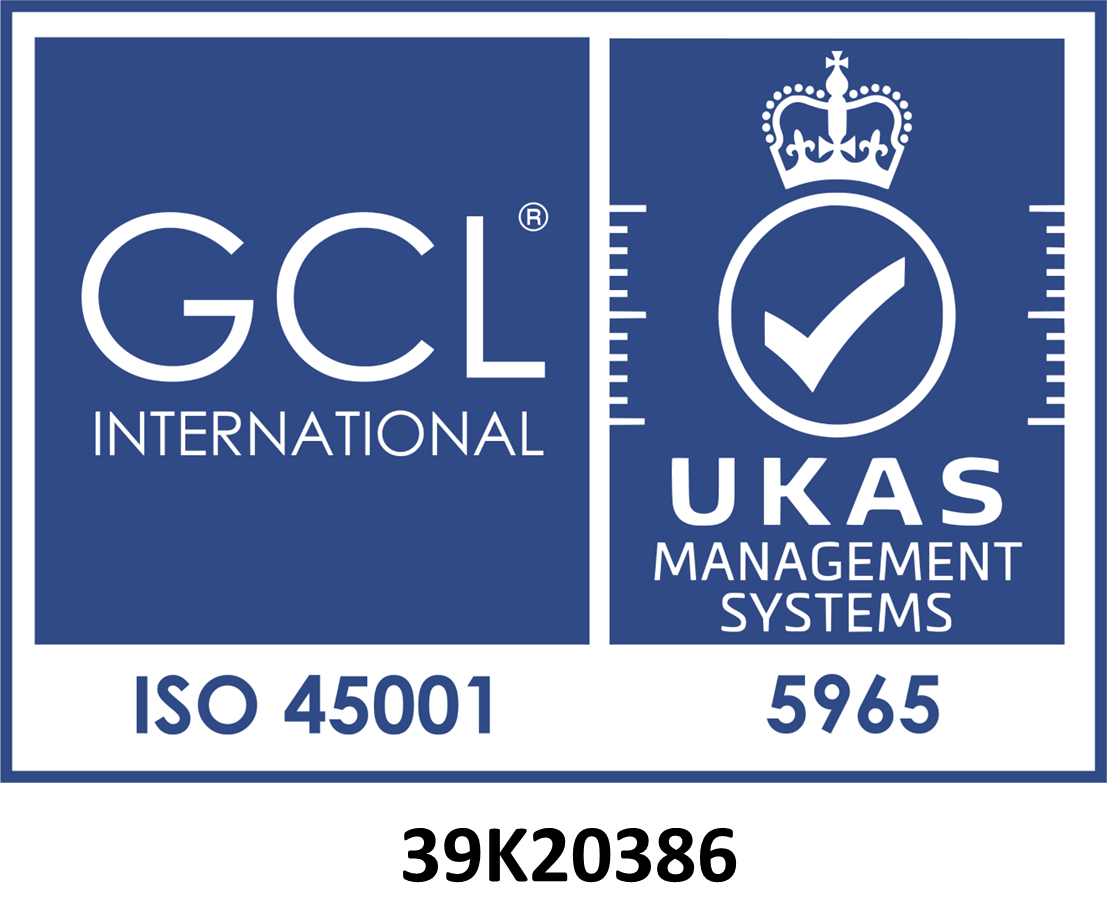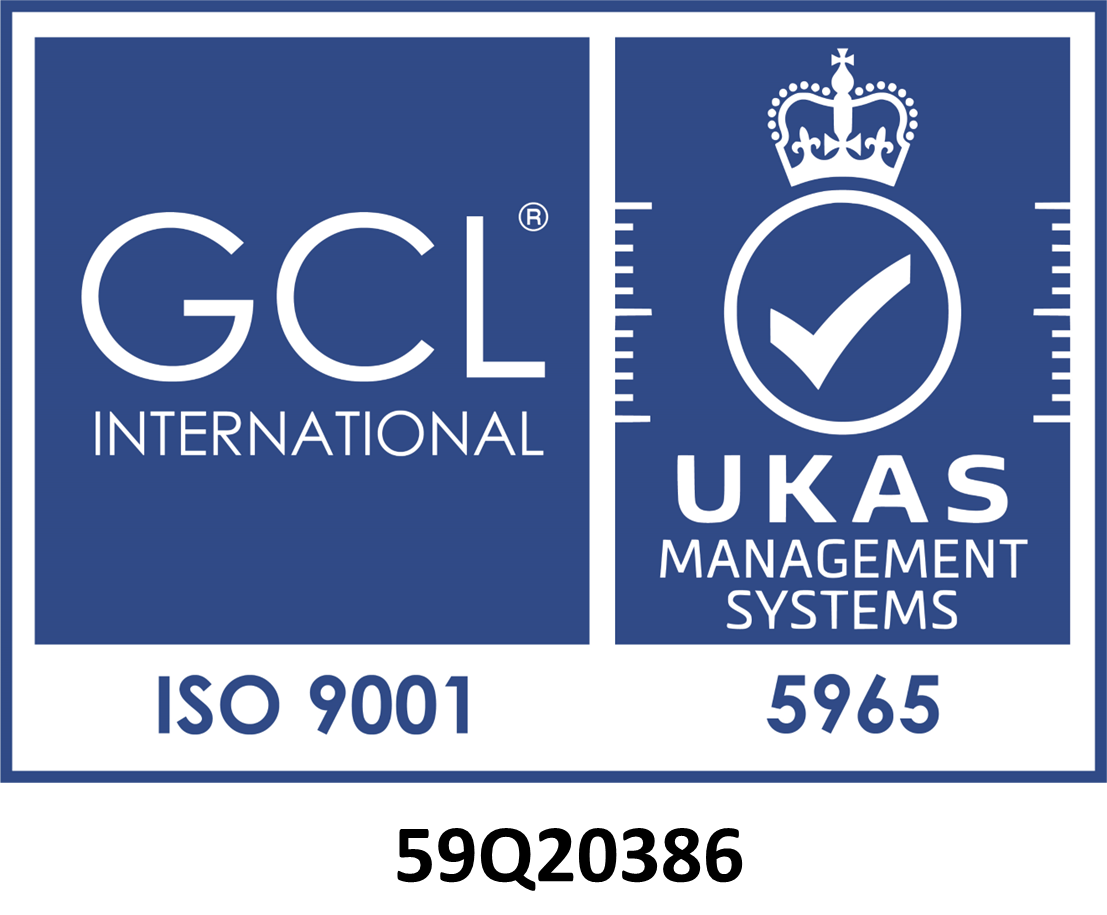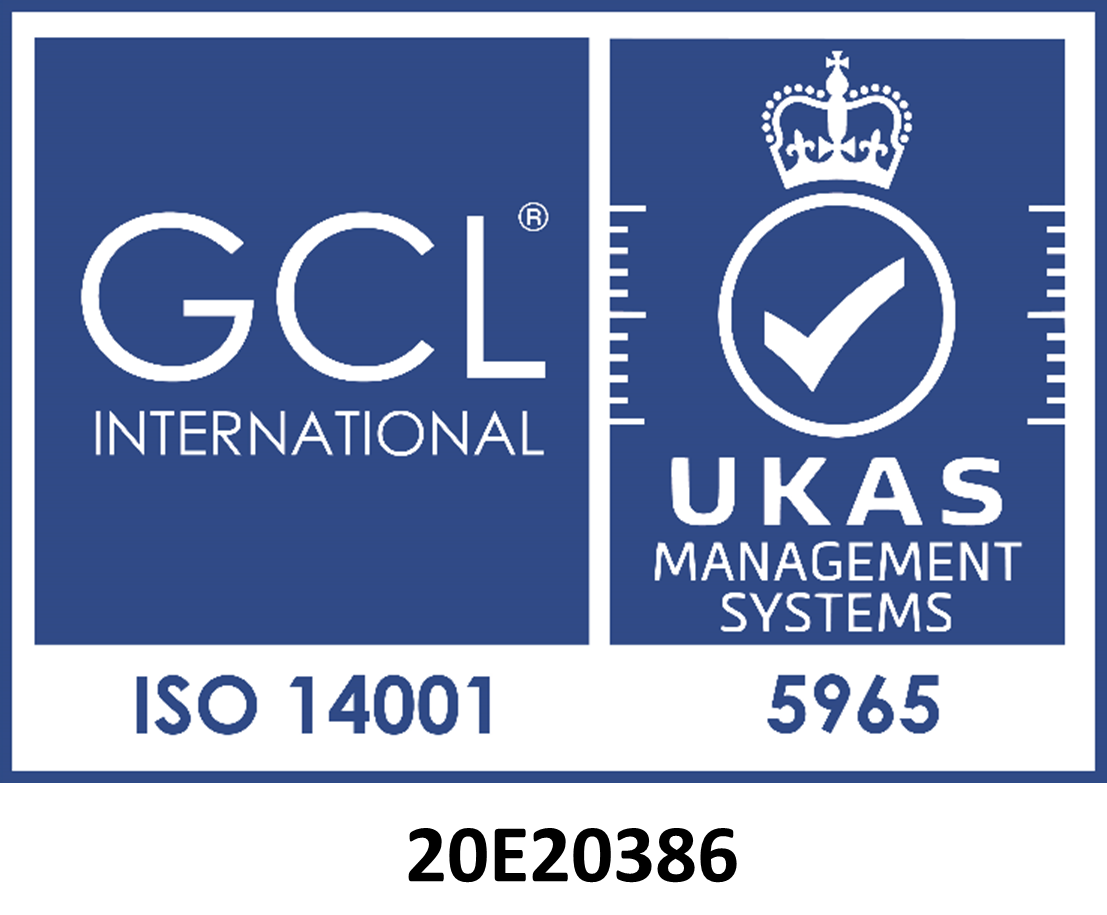Concern has grown over recent years about the risks of antibiotic-resistant infections and superbugs in hospitals and healthcare facilities.
Hospitals have been following a determined campaign to combat these threats, with enhanced surface cleanliness being a top priority, since surfaces are the main way in which many infections spread.
Increasingly no-touch decontamination systems (NTDs) are being seen as a vital weapon in the war against these deadly diseases, with Phileas units being recognised as among the most effective products on the market for hospital decontamination.
Battle to Combat Antibiotic Resistance
The incidence of antibiotic-resistant superbugs has been growing in hospitals around the world, and the risk to life resulting from this threat has been claimed to be greater than that of both climate change and war.
Findings were announced in July 2019 of a Europe-wide survey showing that bugs resistant even to emergency antibiotics are spreading in hospitals. Antibiotics known as carbapenems are used when there is no other way to treat an infection, but researchers from the Sanger Institute said that a bug which is resistant even to these, Klebsiella pneumoniae, has been spreading, causing extreme concern.
Superbugs pose a particular danger in hospitals because they can spread easily between patients, and can affect the most vulnerable groups. This includes people who are immuno-suppressed as a result of illness, medical treatments and operations, as well as elderly patients.
Avoiding unnecessary prescriptions of antibiotics is key to combating resistance. A lot of work has been carried out on this already, and the UK government wants to see prescriptions of antibiotics cut by a further 15%, as part of a 20-year vision which aims to control drug resistance by 2040.
Work is also being carried out to develop new antibiotics, which will hopefully provide new sources of treatment in the future. However, these are not yet available, so the best way to combat antibiotic-resistant infections now is to make sure all hospitals and healthcare facilities are deep clean, keeping the risk of any bugs to an absolute minimum.
Hospitals have been following a multi-modal approach, and there has been success in cutting incidence of resistant infections, with Clostridium difficile and MRSA having reduced by as much as 80 per cent since 2007. However, infection rates can all too easily rise again if one element of a multi-modal approach is suspended or not carried out effectively.
Environmental cleanliness within hospitals is an essential component of efforts to prevent infection spreading. There is evidence that standard manual cleaning is not enough, with NTDs being much more effective, which is a reason that they have become increasingly widely used in UK healthcare facilities.
Dealing with Outbreaks Quickly
Once an outbreak of a hospital-based infection has occurred, it is obviously essential that it is dealt with as fast as possible, to improve patient safety and avoid the risk of it spreading to others. Another reason why speed is vital is to avoid wards, operating theatres or other essential facilities being out of action for any longer than is necessary. With so much pressure on hospitals and healthcare providers, it is more vital than ever that any downtime is kept to an absolute minimum. This will increase bed availability and avoid operations having to be postponed, something which can lead to conditions worsening and also cause great distress.
As well as dealing with an outbreak once it has occurred, it is vital to do everything possible to prevent any recurrence. Scrupulous cleanliness is essential to ensure this, as has been highlighted in reports by the United Nations, World Health Organisation and many other bodies.
Advantages of NTDs from Phileas
NTDs are available now, unlike the next generation of antibiotics, and are making a big difference to the war on superbugs where they are used for healthcare and hospital decontamination.
Phileas products are some of the most effective available, with independent testing having demonstrated that their method of decontamination is equally effective to formaldehyde but does not carry the same risks. These units operate as hydrogen peroxide foggers, diffusing disinfectant via a fine mist. They range in size from the Phileas 250, which can treat multiple rooms and is ideal for larger healthcare areas, down to the Phileas Genius, which can treat very small volumes. Phileas units are all compliant with the requirements of the EU Biocide Product Regulations.
Fast cycle times mean that essential facilities can be brought back into use quickly, making more beds available and avoiding delays to treatments and operations. Phileas decontamination units are also highly cost-effective, an important consideration for healthcare providers.
Tecomak Environmental Services is highly experienced in supplying and installing decontamination systems. We can advise you on which system is best for you, supply and install it, and also provide any required maintenance and troubleshooting. To find out more about the Phileas products we supply, call 01732 852250 or click the link above.

